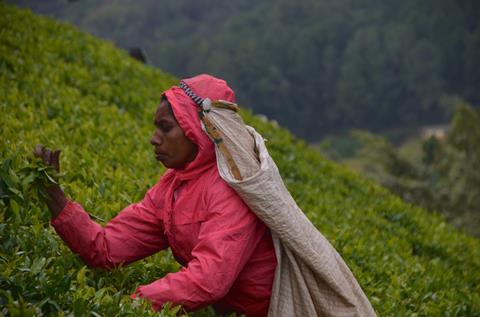
Sri Lanka might have the world’s third biggest tea crop after China and India, but the recent collapse of the south Asian island’s economy is unlikely to push up the price of a cuppa in the UK, suppliers have suggested.
“While British tea drinkers were once reliant on quality Ceylon and Indian teas, the situation had changed dramatically [in recent years], with most UK brands moving away from traditional, orthodox Ceylon teas to cheaper, predominantly African [teas]”, said Dilhan Fernando, CEO of Dilmah Tea, a Sri Lankan tea brand and plantation operator.
”Ceylon [the former name for Sri Lanka] tea is still seen as more premium”, added Suranga Herath, CEO of English Tea Shop, which sells Sri Lankan tea certified as organic in the UK by the Soil Association. Fernando said it was mostly “high-quality loose leaf teas” sold in the UK that had been exposed to the crisis in Sri Lanka.
Sri Lanka’s tea output had by last month shrunk by 18% year on year, according to official data, potentially cutting the world’s overall supply of tea by around 3%.
But limited exposure to Sri Lankan tea suggested there would be little impact on prices in the UK “other than for some niche products”, according to Anil Cooke, chairman of Sri Lanka’s Tea Traders’ Association – outlining a rare bit of good news for the British shopper after more than a year of rising food, fuel and wider consumer price inflation.
Months of protests in capital Colombo culminated in mid-July with demonstrators torching the prime minister’s house and storming the presidential palace. As thousands bore down on his residence, Gotabaya Rajapaksa, the president, fled to the Maldives and then Singapore.
“Excessive price hikes in daily essentials, shortages in food, gas and fuel, and depletion of foreign reserves that impacted import and export trade have resulted in all-time high inflation and an all-time low quality of life”, said Herath.
How the English Tea Shop adapted in crisis-hit Sri Lanka
Not since the dark days after the 2004 Indian Ocean tsunami had Sri Lanka figured so prominently in international headlines and TV news bulletins, including in the UK.
And while Sri Lanka has been hit hard by the same cost rises – of fuel, fertiliser, transport – as seen around the world, the government’s demise was arguably down to its own decisions.
“Macroeconomic policies that the country’s leaders drove were implemented senselessly, leading to temporary dysfunction of the agricultural and industrial sectors”, said Herath.
Last year, what Fernando said was an “ill-advised insistence on sudden transition to organic cultivation”, caused chaos in the country’s tea industry and the wider economy.
The government’s 2021 ban on chemical fertilisers meant further pressure on an economy already, like elsewhere, “under severe stress from galloping commodity prices”, said Sudip Sinha, senior analyst, beverages, at Rabobank’s RaboResearch.
“The supply of fertilisers from Russia and Ukraine was disrupted, and the domestic currency collapsed. Together, it caused a significant challenge for tea farmers as the fertiliser cost became prohibitive and supply difficult due to currency shortage,” Sinha added.
The tea industry employs around 10% of the the workforce of Sri Lanka, which is home to around 22 million people.
The island’s verdant hill country has long been regarded as a prime tea-growing region. And ironically, given the UK no longer sources significant volumes from Sri Lanka, it was British settlers and traders who first brought tea to the island a century and a half ago.
“Ceylon Tea sells at a premium over most other black teas from other countries due to its artisanal orthodox style of manufacture which has remained largely unchanged for more than 150 years since introduction by the British”, said Cooke.







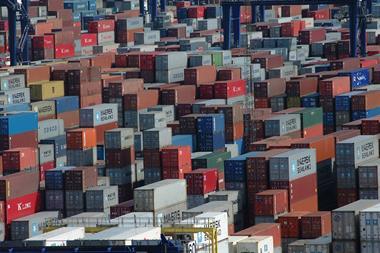
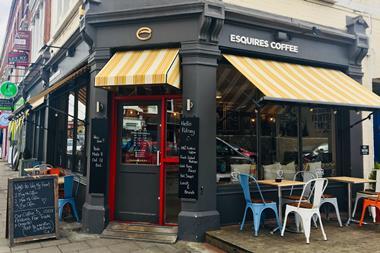
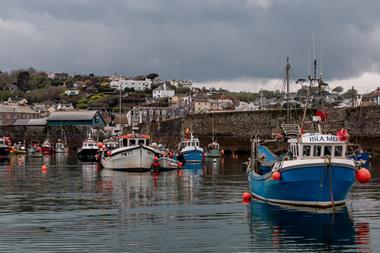
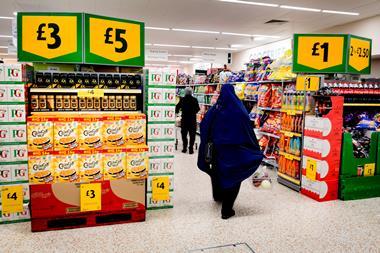
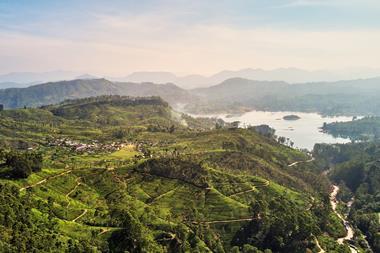
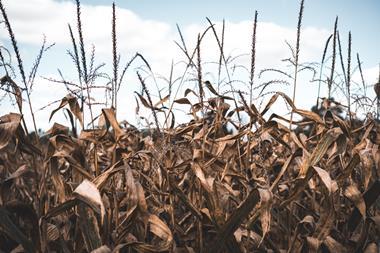






No comments yet